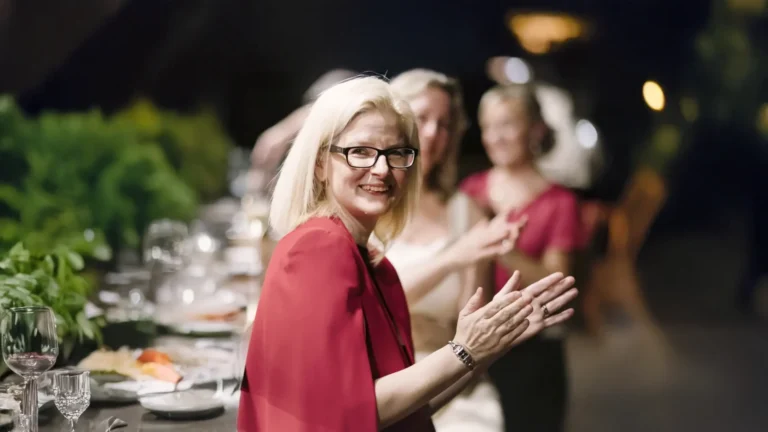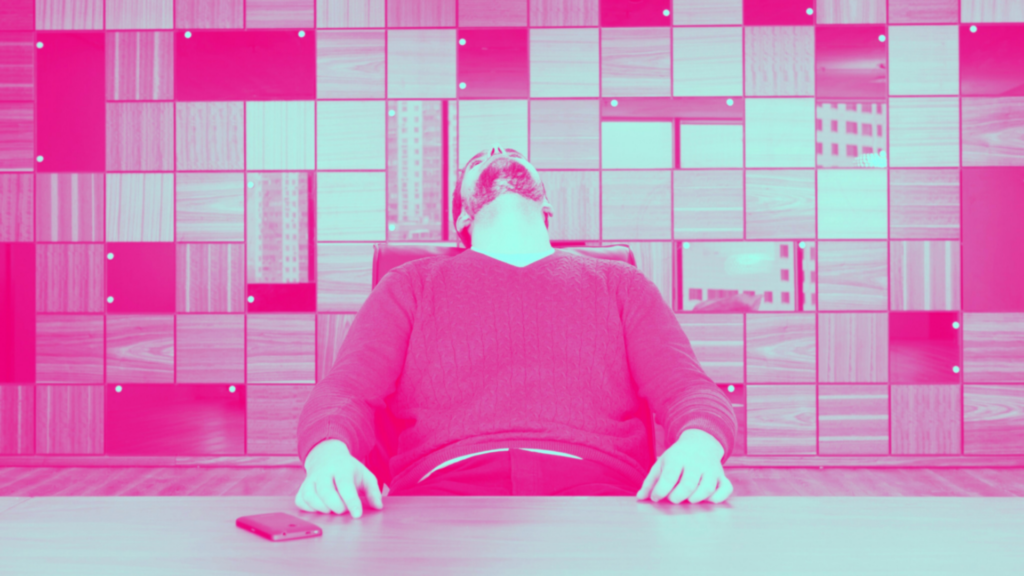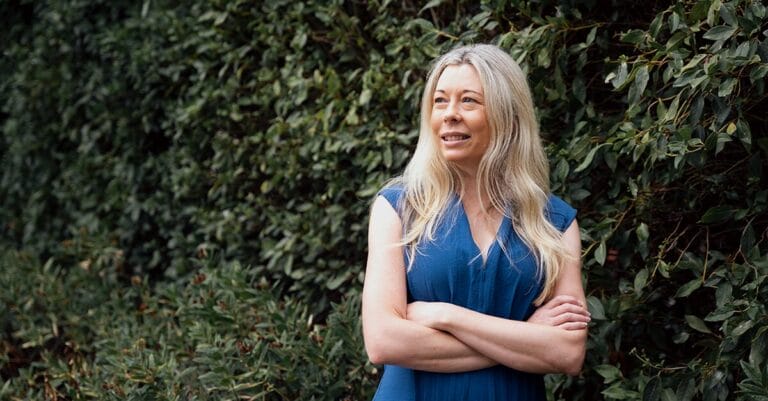

As people are born free, in Rousseau’s opinion, any subordination to a government must be based upon a social contract and laws that are freely accepted. He insists on the sovereignty of united individuals seeking the most suitable form of governance and laws to fulfill their basic needs, as the very formation of laws both constrain and protect us. Essentially, the rule of law determines how we live from the moment we are born. When upholding the law, it is critical that there is a separation between the state and the legal system otherwise the lines of freedom are blurred.
This very concept interests many curious minds, especially those who understand that the work of upholding the law is fundamental to society. As an example, the New Zealand government deemed lawyers to be an essential service during the COVID-19 lockdowns.
The thing is, for the academically inclined, the complexity, importance, and the link between law and society is bewitching. Pondering how society operates can be a fascinating subject to study… Yet the reality of a lawyer’s daily life is often a far cry from the academic sport of law school. Many young lawyers become disenfranchised as they are tasked with reviewing seemingly insurmountable piles of files and contracts. The lofty dreams they held while in law school, of implementing change and making their mark constructing a better social contract for us all, are left in tatters.
Shaun Plant, LawVu CLO, says, “I think most (young) lawyers get frustrated as they’re finding the practice of law to be boring. It’s been five years and then they turn up in their suit, they’ve got their files, their way of working… and it’s quite dull. What do they do? They’ve invested so much time getting there.”
It doesn’t have to be this way. Law fundamentally is and can be a fascinating practice that provides variation, mental gymnastics, peaks, and troughs for any lawyer. In order to spend one’s time on the juicy legal work, it is necessary to rethink ways of working and streamline monotonous tasks.
Jason Xu, Junior Corporate Counsel, and Legal Operations at Veolia Australia and New Zealand, was confronted with the mundane once he graduated from law school. He remembers his first day in private practice, receiving a stack of papers and being tasked with reading and analyzing them. His immediate response? There must be a better way of doing this. He took it upon himself to scan the files and used OCR to digitally search the file for relevant words and clauses. It was only a little thing, but it saved him hours of manually reading and highlighting pages of paper.
Xu says junior lawyers are frustrated. “We see things that could be done better. We get disheartened and start to become jaded.” In the hope of changing the way things worked within Veolia’s in-house team, Xu introduced LawVu and contract AI to create more efficient and accurate processes.
Although the change wasn’t initially welcomed with open arms, in time, as the legal team warmed to a different way of operating, the benefits of these new technologies began to show. “Everyone got excited about the fact that we were having AI reviewing monotonous, low value, crappy contracts which no one enjoys doing,” says Xu. “It freed up our time to learn more about what we actually like about coming to work every day by actually doing the juicy stuff that’s more complicated.”
Technological change can be confronting but it presents opportunities to give lawyers back significant amounts of time, thus freeing them up to work on more complex, problem-solving type work that satisfies and stimulates their minds. As Xu says, “I think a large part of making lawyers enjoy their work and making people see lawyers as fun, is about reducing the more unenjoyable aspects of legal practice so there’s more time and space to do the things they like.”


